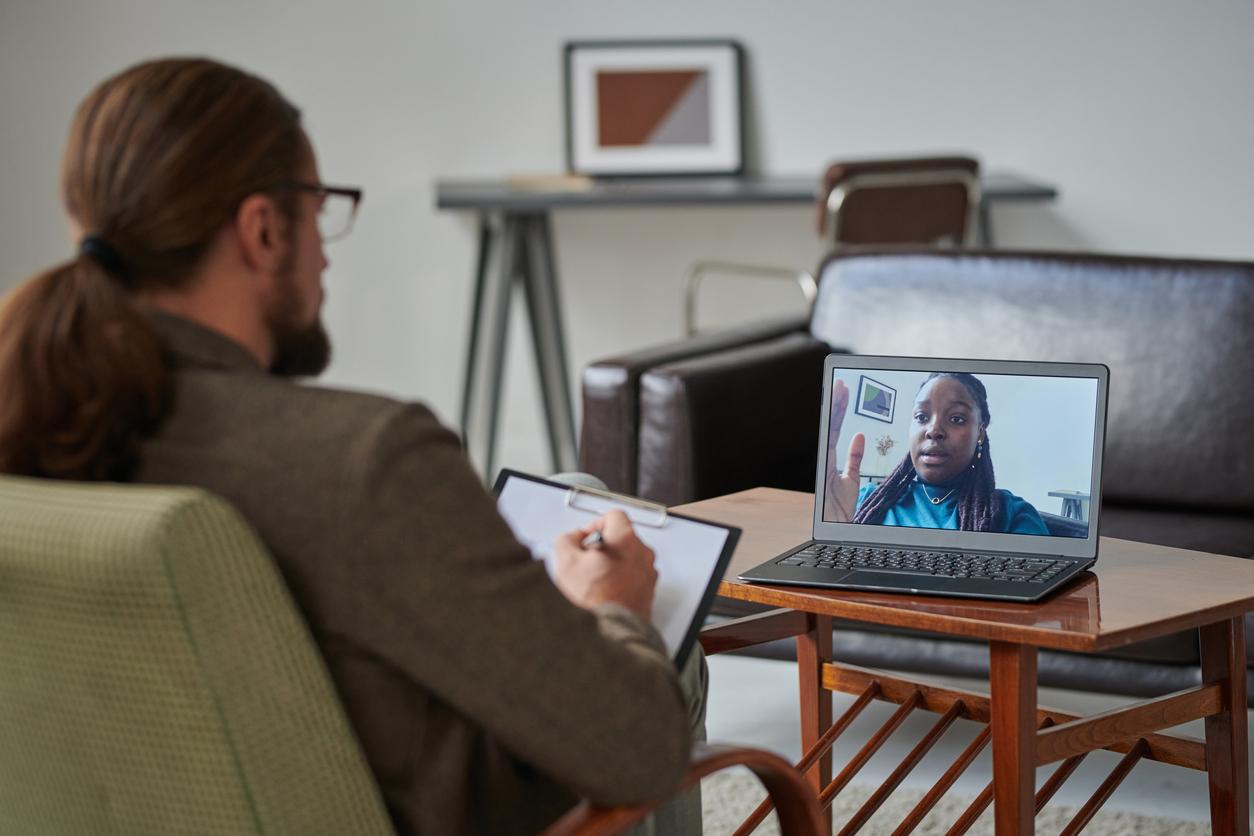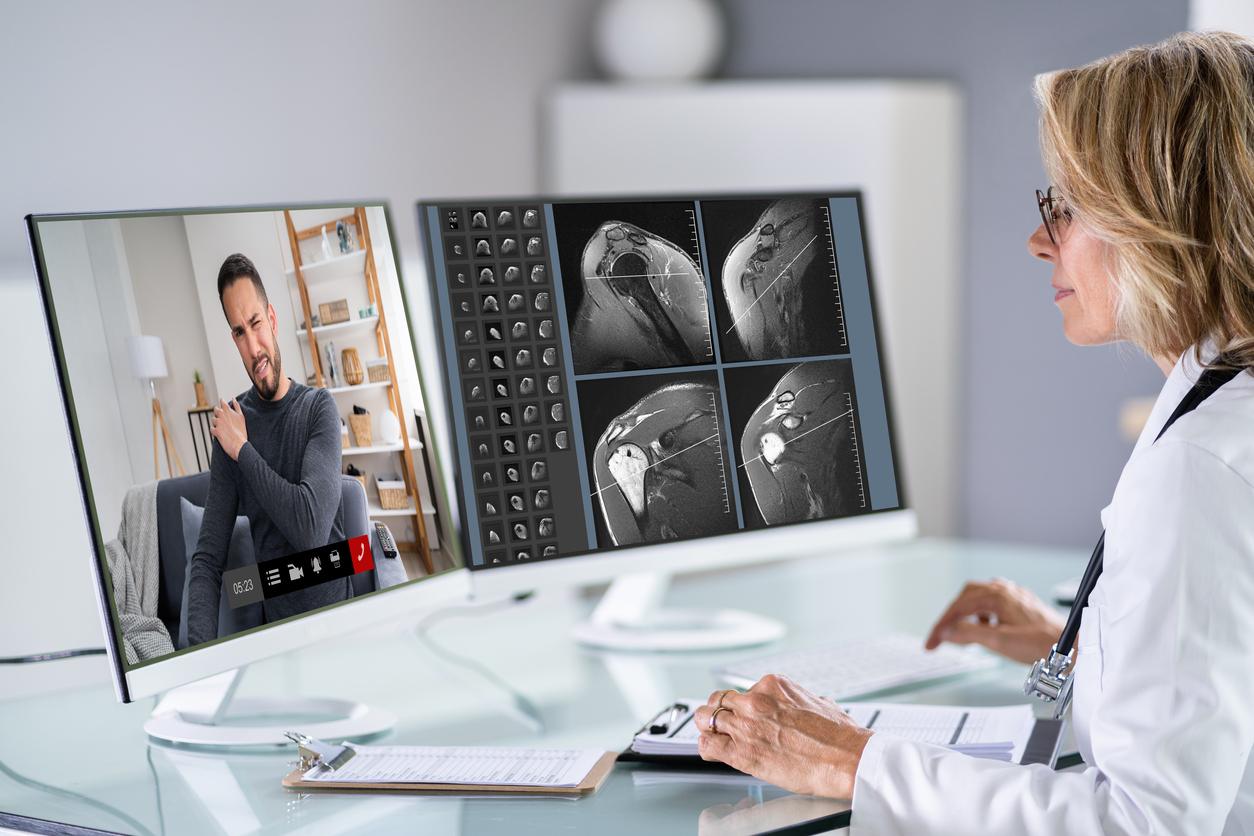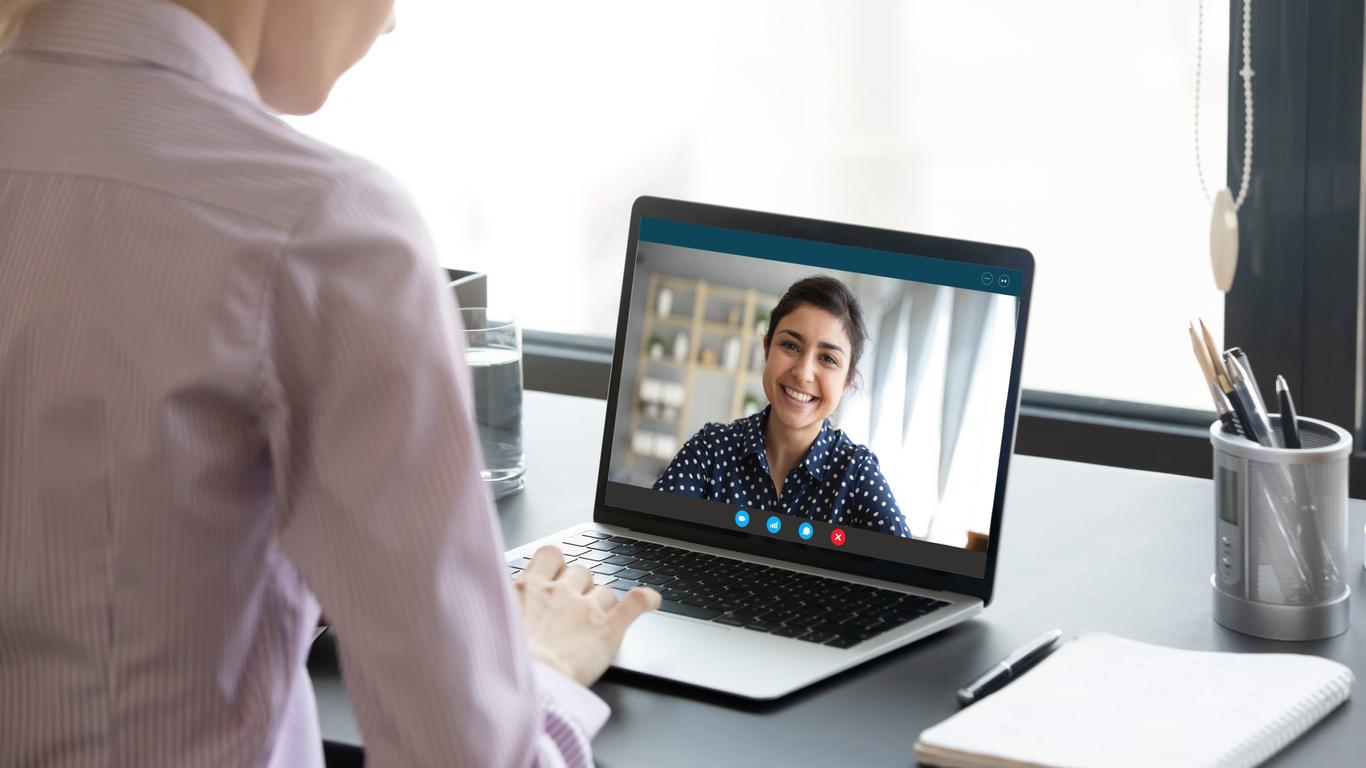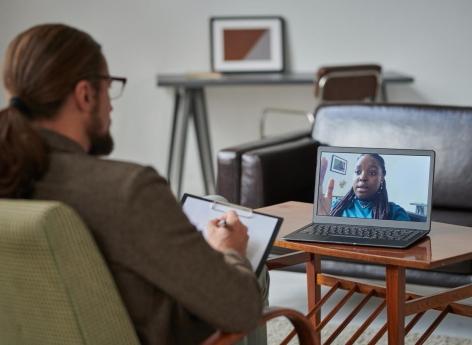The Valenciennes Hospital Center has just launched access to care for prisoners through telemedicine. The objective: to facilitate the care of prisoners.
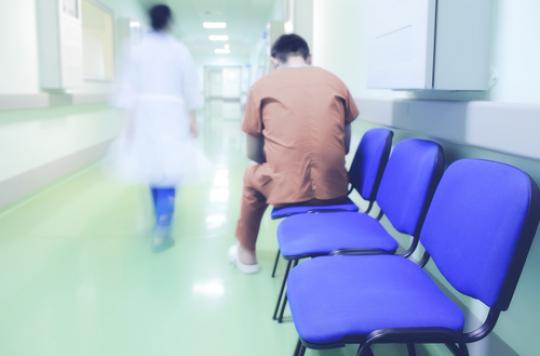
Transfers, police escorts, security problems, the constant presence of law enforcement in the rooms… Caring for an inmate in hospital is a constant challenge. To remedy this, the Valenciennes Hospital Center is expanding its access to care through telemedicine for inmates at the Valenciennes Remand Center.
Its objective: to allow prisoners to make contact with a doctor remotely, without having to travel. These consultations are already offered to inmates of the Penitentiary for Minors (EPM), in the city of Quiévrechain.
Since 1994, the medical care of prisoners no longer falls to the prison service but to public hospitals. A significant burden for health establishments, faced with a large prison population, but slightly down in recent years – amounted to 0.2%. As of January 1, 2016, 76,601 people are behind bars (Ministry of Justice). 70% of detainees registered on arrival in detention do not present any pathology.
Facilitate the care
Very often, “The state of health of the detained patients requires the opinion of a specialist”, explains in its press release the Hospital Center (CH) of Valenciennes. Without obscuring the fact that a detainee often finds it very difficult to arrive, under escort, at the hospital. “.
Telemedicine therefore appears to be the winning alternative to address these issues. And its concept is simple. Accompanied by the prison doctor, the detainee contacts the specialist. The latter guides the examination remotely, gives his opinion, directs the doctor present on site on the care to be provided, and can even make his diagnosis.
An inexpensive and above all fast technique. As explained by Dr Nabil El Baki, one of the project leaders and anesthesiologist at the CH Valenciennes in why actor, telemedicine can also compensate for the lack of specialists in the region. “It makes it easier to take care of the detainees. A neurologist from Valenciennes can examine a patient detained in Lens, for example ”.
Reconsider the detained patient
Telemedicine makes it possible to reconsider the management of these patients. “For detainees and medical staff alike, security procedures are inconvenient, underlines Dr Nabil El Baki. Considering the detained patient as an ordinary patient becomes complicated”. But with remote consultation, “we don’t see someone in handcuffs, we have a patient accompanied by a doctor and a nurse and no police officers,” the doctor confides. With that, we find ourselves in the classic conditions of a consultation. »He concludes.
Prisoners will be able to benefit from consultations for any medical specialty, except psychiatry. Consultations in cardiology, pneumonia, neurology or even trauma will be offered to them. It remains to find a source of funding. The Ministry of Justice, Health and the Interior are called upon.
.









